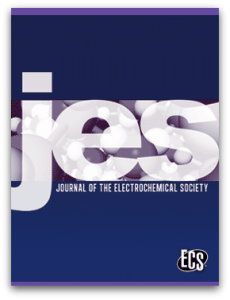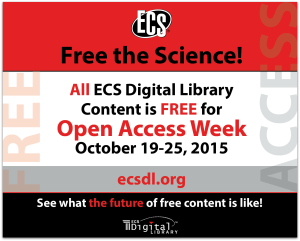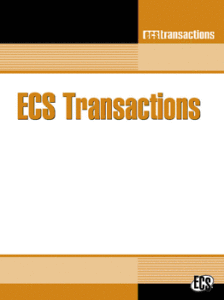ECS established General Student Poster Session Awards in 1993 to acknowledge the excellence and diligence of our students’ work. The winners demonstrate a deep understanding of their research topic and how it relates to one or more of the fields of interest to The Electrochemical Society. At each biannual ECS meeting, awards are given to students in two categories, electrochemical science and solid state science and technology. First and second place winners receive a certificate in addition to a cash award.
For the 228th ECS Meeting in Phoenix, Arizona, the first place winners are Daiki Ito, and Xiaoxing Xia. Daiki Ito of Nagoya University, was the Solid State winner, and Xiaoxing Xia, of California Institute of Technology, was the Electrochemical Science winner. The second place winners were Kenta Machida of Kogakuin University and Subrahmanyam Goriparti of Instituto Italiano Di Technologia. Congratulations to all four winners!
In order to be eligible for the General Student Poster Session Awards, students must submit their abstracts to the Z01 General Society Student Poster Session symposium, and present their posters at the biannual meeting.
The submission deadline for the upcoming 229th ECS Meeting in San Diego is December 11, 2015.


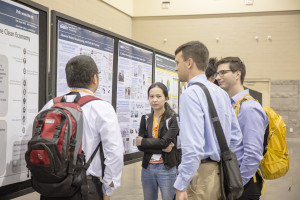
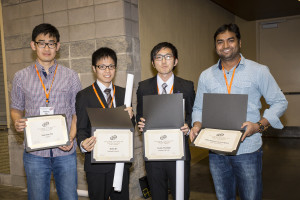
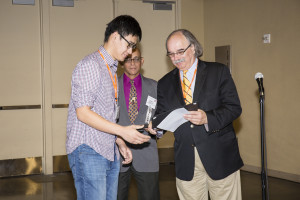
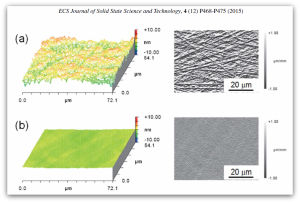
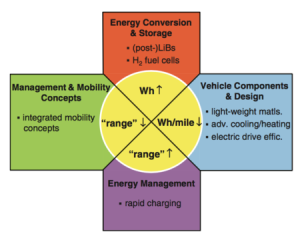
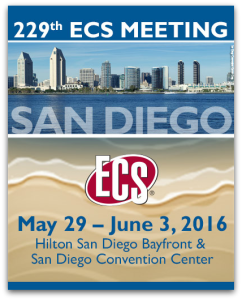
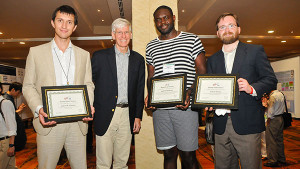
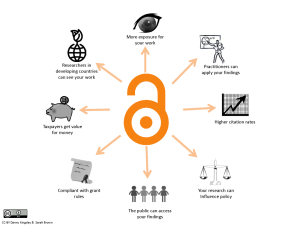
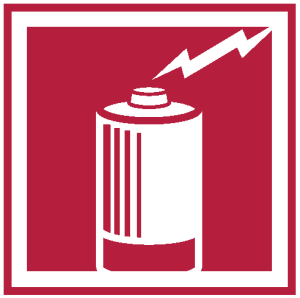 Read the 21 papers in the collection
Read the 21 papers in the collection